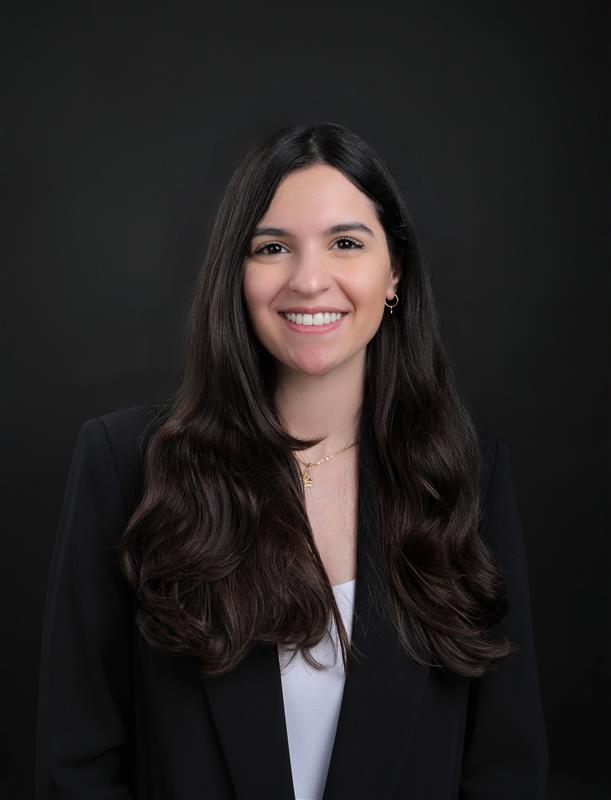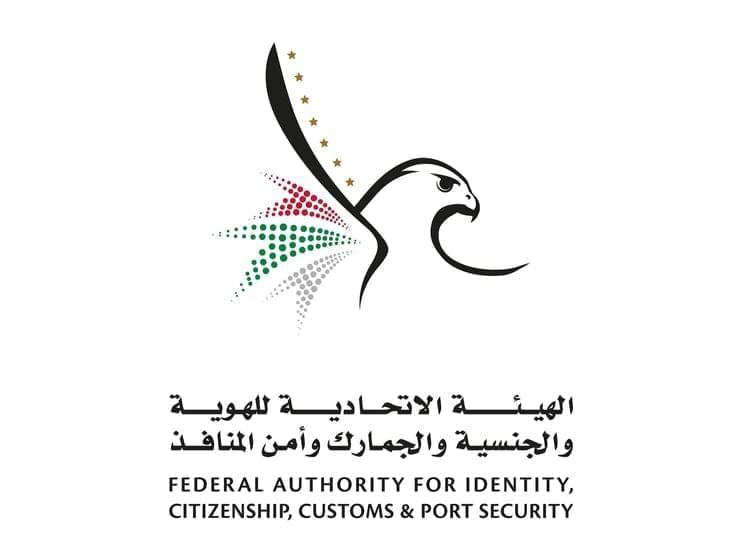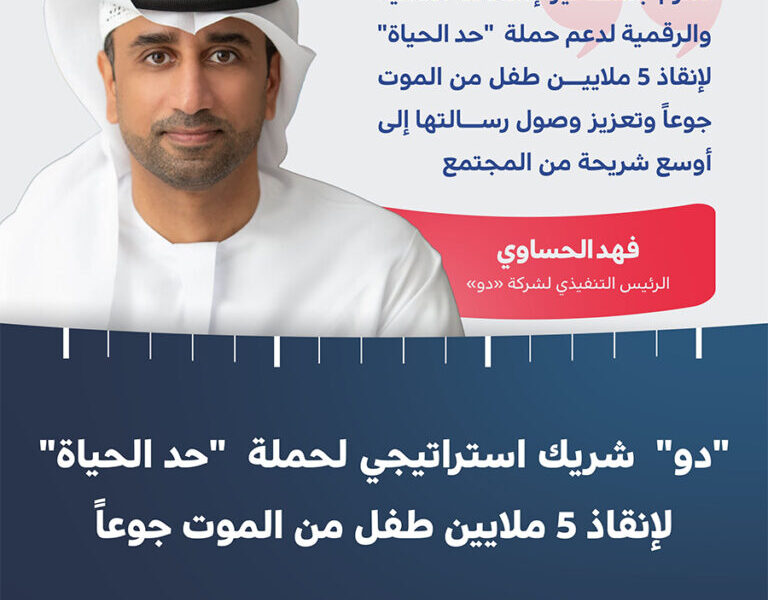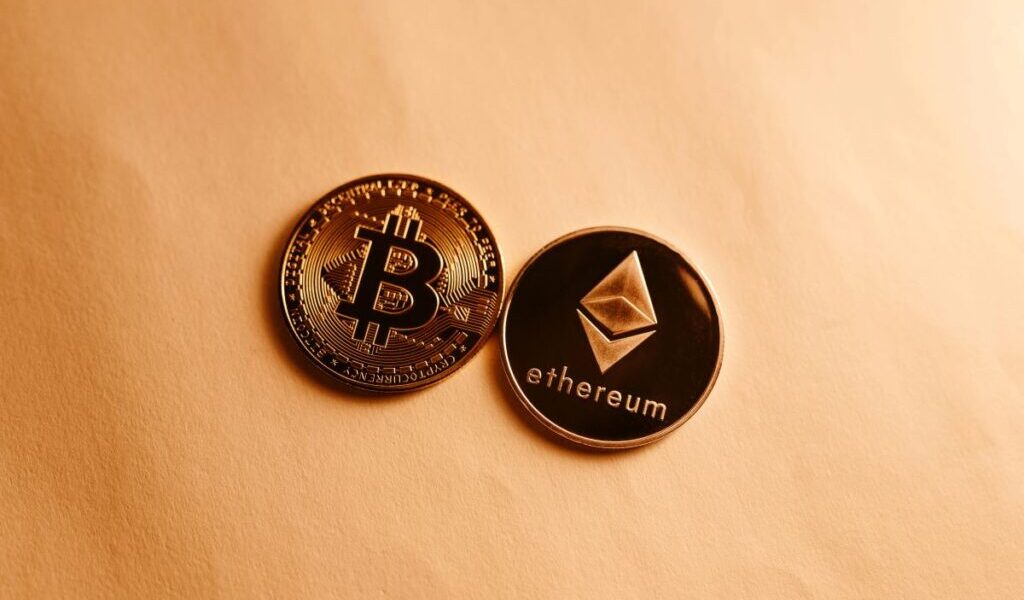While the summer season is usually a quieter period for financial markets due to widespread investor holidays, global sentiment remains overshadowed by persistent geopolitical tensions this summer. Escalating concerns over U.S. tariff measures and the intensifying Israel–Iran conflict have cast a pall over risk appetite, driving cautious investor positioning and heightened market volatility.
Yet, against this backdrop of global unease, the United Arab Emirates is pressing ahead with an ambitious slate of infrastructure projects, using the relative calm of the summer months to accelerate key developments. With lighter traffic during the holiday stretch, authorities are fast-tracking enhancements to the country’s transport network, signaling an open window for investors seeking early exposure to the next wave of growth.
Major infrastructure initiatives are underway to strengthen both east–west and north–south connectivity across the emirates through new roads and metro extensions. In Dubai, upgrades to Hessa Street and the expansion of the Metro network with the Blue Line are pivotal undertakings aimed at easing congestion and linking emerging residential and commercial hubs. Meanwhile, the landmark Etihad Rail project is progressing steadily, ultimately set to integrate all seven emirates with a modern rail link, opening new avenues for investment in real estate and infrastructure equity.
Adding to the skyline’s evolution, Dubai Creek Harbour is constructing what is projected to become the tallest tower in the world, surpassing the iconic Burj Khalifa. In tandem, Dubai South continues to evolve as the city’s future primary aviation center with the forthcoming Al Maktoum International Airport, cementing the UAE’s role as a regional transport and logistics powerhouse.
“These transformative projects are expected to cut travel times by more than 75%” says Razan Hilal, Market Analyst, CMT at FOREX.com, adding “they will boost connectivity across burgeoning districts, laying the groundwork for robust property market performance, economic diversification, and sustainable urban planning for decades to come.”
Several publicly listed companies like DEWA (DFM: DEWA), Union Properties (DFM: UP), Tabreed (DFM: TABREED), and Salik (DFM: SALIK) stand to benefit directly from this wave of development, each playing a strategic role in energy, cooling, real estate, and road toll management respectively.However, despite this local momentum, the MSCI UAE Index has shed over 7% this month, reflecting broader concerns over dollar weakness and geopolitical turmoil. Leading developers such as Emaar Properties (DFM: EMAAR) have seen share price corrections of around 5%, underscoring the cautious tone prevailing among regional investors.
“While short-term volatility persists due to external shocks, the UAE’s commitment to long-term national development plans – Vision 2025, 2030, and 2040 – suggests that current market dips may present strategic entry points for long-term investors”, observes Hilal. She adds: “Amid this climate, portfolio diversification remains prudent. Commodities like oil continue to serve as a hedge against supply disruptions in the region, while gold and silver retain their appeal as safe-haven assets, particularly relevant as industrial demand for silver expands in the technology sector.
Overall, while global headwinds pose challenges, the UAE’s clear focus on future-ready infrastructure and urban resilience reinforces its appeal as a steady beacon of opportunity for investors looking beyond short-term volatility.





